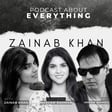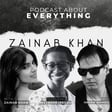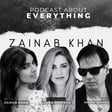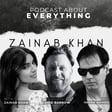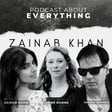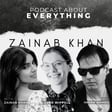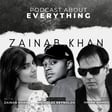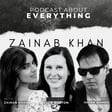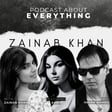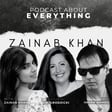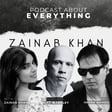
Meet the first South Asian woman to win a GRAMMY: Falu Shah | Ep. 2
Welcome to our second podcast episode, where we have the pleasure of talking with the first South Asian GRAMMY award winning woman and singer-songwriter, Falu Shah.
Join us as we delve into the life and work of this remarkable artist, who has captivated audiences with her soulful voice and unique blend of Indian classical music and Western pop. In this episode, we explore Falu's musical journey, from her childhood in India to her current success as a celebrated musician in the United States. We discuss her sources of inspiration, creative process, and the challenges she has faced along the way. We also get an exclusive peek at her experiences meeting with Australian Prime Minister Anthony Albanese and collaborating with Indian Prime Minister Narendra Modi.
Whether you're a fan of Indian classical music or simply curious about the creative process behind it, this episode is not to be missed. So sit back, relax, and join us for an intimate conversation with Falu Shah.
About Falu:
Falu (born Falguni Shah in Mumbai, India) is an American singer whose music blends ancient classical Indian melodies with contemporary western sounds. In her burgeoning U.S.-based career, she has worked and collaborated with a wide array of artists including A.R. Rahman (Slumdog Millionaire), Yo-Yo Ma (in The Silk Road Project), Philip Glass, Wyclef Jean, her teacher Ustad Sultan Khan, Blues Traveler, Ricky Martin and Bernie Worrell (Parliament Funkadelic). In 2022, she won the Grammy Award for Best Children's Album for her album A Colorful World. She is the first South Asian woman to win a Grammy.
To see the video version of this episode subscribe to the YouTube channel: https://www.youtube.com/@thezainabkhan
Website: https://thezainabkhan.com/
Instagram page: https://www.instagram.com/zainabkhanpodcast/
